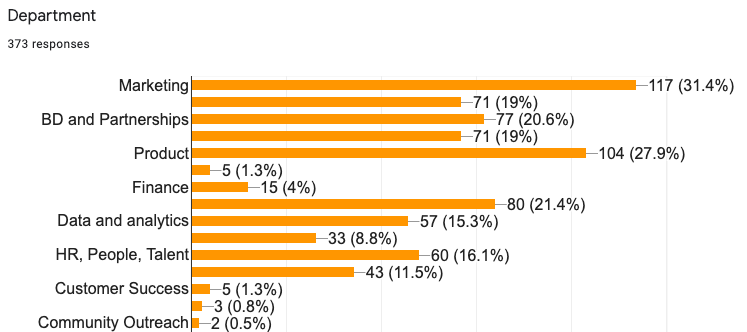
1/ When I started researching DAOs ppl said, "they're just Discords and shared wallets." I wanted to know more. What were the mechanics? How do you join a DAO? What's the tech stack? @jackgecawich kindly invited me to @prtyDAO. Here's how joining @prtyDAO works 👇
2/ PartyDAO initially minted a fixed # tokens, $PARTY. You need 10 $PARTY tokens to access the member-only Discord channels. In the member channels people vote on investment decisions, like bidding on NFTS, and team decisions, like hiring.
3/ I didn't have any $PARTY tokens, so @jackgecawich gave me 5 of his and got a friend to give me 5. He sent them to my MetaMask wallet. I needed to add a contract address as a custom token to see the tokens (it doesn't just show up like when someone sends you ETH)
4/ Once I had the tokens, I joined the PartyDAO Discord. #general is open to everyone. In #general, I typed $JOIN. The @Collab_Land_ bot responded with "Please check DM." It felt like entering a speakeasy social club where I needed a password.
5/ The bot sent me a link to a @Collab_Land_ page. Collab.Land is building tokenization for communities. The page asked me to connect my MetaMask wallet to validate I had sufficient $PARTY tokens. Connecting my wallet felt analogous to a SSO process.
6/ Today, $PARTY tokens aren't tradeable, there's no liquid market. They're used for voting and Discord access (almost like credits and passwords).
7/ The Discord is fascinating. There are channels for #dev, #dao-proposals, #design, #hiring, #launch ideas, and more. The group both is investing together and building a product to make spinning up DAOs easier. There's no CEO or formal structure. It's collaborative & inspiring.
8/ Functionally, there's nothing that you can't do in Web2 -- issuing passwords, permissioning, voting - the difference is that it's all on-chain and there's a digital record by default.
The difference is subtle, but it does feel like a step function in the Web, hence Web3 🚀
The difference is subtle, but it does feel like a step function in the Web, hence Web3 🚀
• • •
Missing some Tweet in this thread? You can try to
force a refresh





